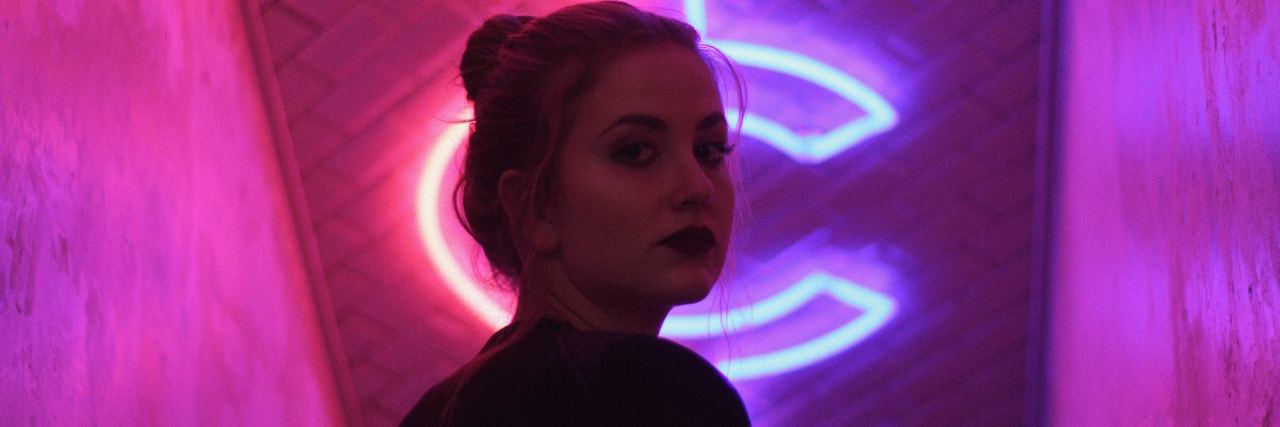For the first time in a long time, it feels like I’ve pulled my head above the waves.
During the late teenage and early adult years of my life, trauma was a prominent companion. I’ve survived an ardently toxic relationship, which left me a shell-shocked shadow of my former personality. My skin is mottled with scars I carved to cope with an intense self-hatred and a kaleidoscope of wayward emotions. I’ve been overwhelmed by psychological pain to the point of seeking death, only to “fail” and be left under a thick cloud of shame and mortification. I’ve experienced panic potent enough that I believed I was dying.
In the intervening years since I realized I needed help, I’ve lost count of the number of appointments with mental health professionals, changes and tweaks to medication, and flavors of self-help strategies I’ve employed. Hope that I’ll someday feel “normal” again dimmed and slowly I settled into a new routine. Each day was a colouful cocktail of psychotropic medications; each week brought on a new round of psychotherapy that feels more distressing than empowering; each month I strategized with the GP again as to how to tackle this omnipresent melancholia. This is my life now.
I couldn’t have pinpointed to why it suddenly changed. Maybe I lucked out to exactly the right medications at exactly the right dose. Maybe it was the net of loving people I unexpectedly fell into when I thought I was plummeting towards the rocks. Maybe it was a rekindling relationship with God, who I believe heals and restores.
Suddenly I stopped fighting through each hour and instead savored life. I was bewildered to find that I didn’t express the desire to die, then giggled at the absurdness that I find it strange to want to live. The scars on my skin matured into pale, faint streaks — mere reminders of days I never want to revisit. I no longer found being around other people to be breathtakingly draining, and came to value the minutes I spent sharing life with another. I made plans to the future and looked forward to them.
Through all the welcome changes, logically I knew I should be delighted. However, it slowly dawned on me that there was another emotion thrown into the mix: I was terrified. My identity had been for too long entwined with the trauma I’d experienced and the struggle that had ensued since; I didn’t know who I was anymore. With my early adulthood taken up by trying to stave off mental health crises, I didn’t know how to be well.
It was embarrassing to realize I had used trauma as a crutch. I was reluctant to admit to the very people that had helped me heal that I was doing well; even the thought of planning to taper off psychotropic medications generated some anxiety. I was ashamed when it dawned on me that I benefited from being in the sick role and, when that’s no longer part of my psyche, I am left adrift.
To dive into recovery in earnest, I am letting this fear go. I am acknowledging that I’m having these thoughts, and I will discuss these anxieties with my ever-supportive circle of friends. I will ask my friends and mental health professionals to look for the insidious signs of self-sabotage and be held accountable for them. I will get better.
It’s time to start living.
Unsplash photo via Victoria Sereda

